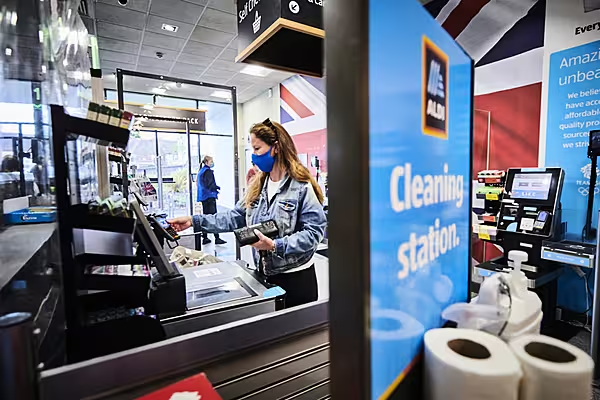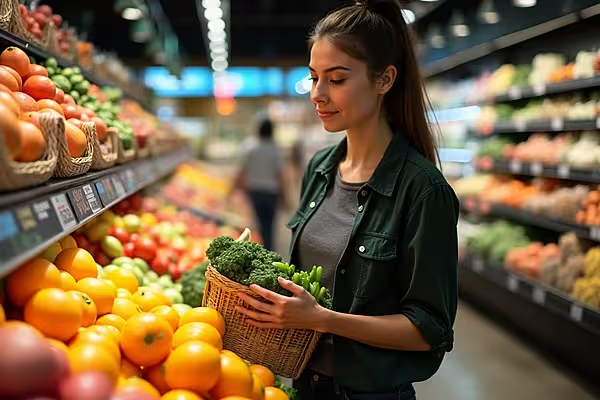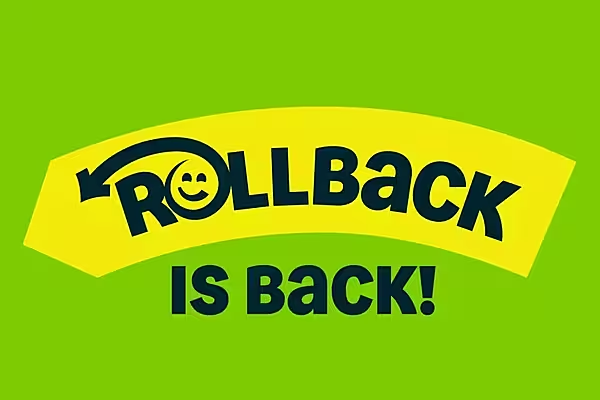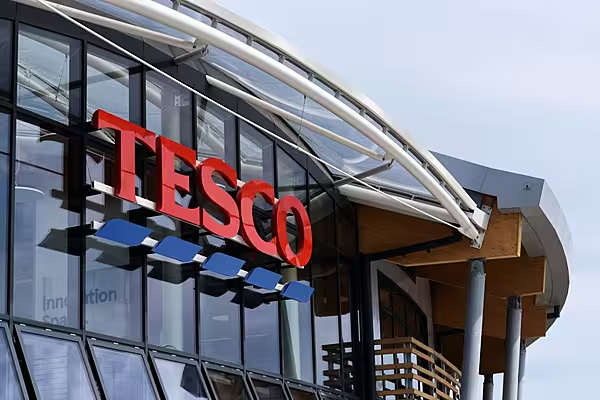Grocery price inflation in the UK hit 17.5% over the four weeks to 19 March, new data from Kantar has shown, with take-home grocery sales rising by 8.6% over the most recent 12-week period.
“Unfortunately, it’s more bad news for the British public, who are experiencing the ninth month of double-digit grocery price inflation," commented Fraser McKevitt, head of retail and consumer insight at Kantar. "However, shoppers are taking action and clearly hunting around for the best value."
McKevitt noted that shoppers are seeking to tackle increased food prices by shopping around, using loyalty card schemes and buying more private-label lines – sales of own-label ranges were up 15.8% over the most recent four-week period.
Read More: Food Prices Push UK Shop Price Inflation To New High, Says BRC
Discounters Lead The Way
Unsurprisingly, given the constrained financial circumstances many shoppers find themselves in, the discounters have seen the strongest performance of all grocers in the 12-week period to 19 March.
Lidl saw its sales rise 15.8% in the period, achieving a market share of 7.4%, while Aldi hit a record share of 9.9%, having seen its sales rise 25.4%.
Tesco remains the UK's largest grocer, with a market share of 26.9%, and a 6.9% increase in sales. Sainsbury’s is on 14.8% and Asda 14.3%.
Morrisons saw a welcome return to growth with sales rising by 0.1%, giving it an 8.8% market share.
Read More: British Supermarkets Confront Their German Discounting Demons
Big Brand Innovation
Elsewhere, while private-label is on the rise, branded goods still account for more than half (52%) of shopper baskets, with manufacturers keen to innovate to retain shoppers.
"Many brands are innovating and bringing new products to the shelves to maintain their popularity, and 10% of their sales in the last year came from new or updated items," said McKevitt.
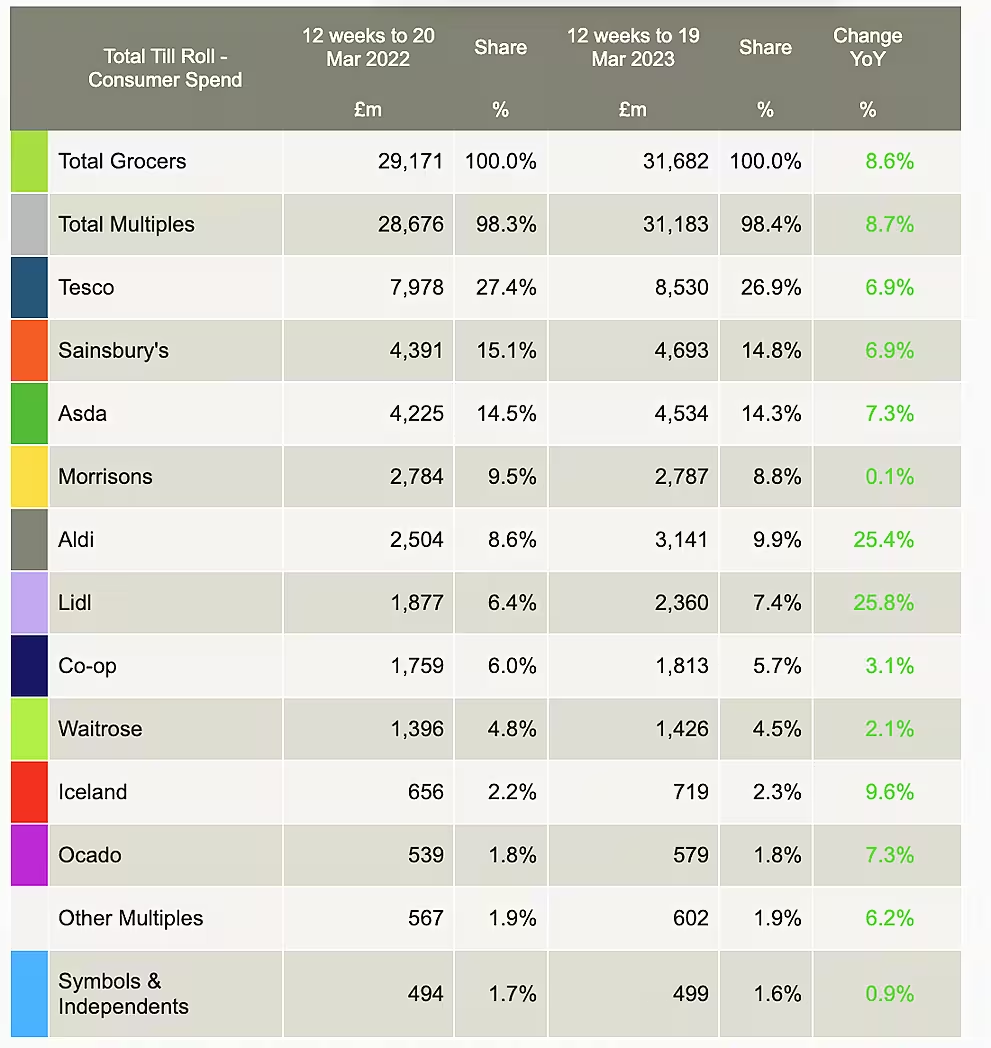
© 2023 European Supermarket Magazine – your source for the latest retail news. Article by Stephen Wynne-Jones. Click subscribe to sign up to ESM: European Supermarket Magazine.
